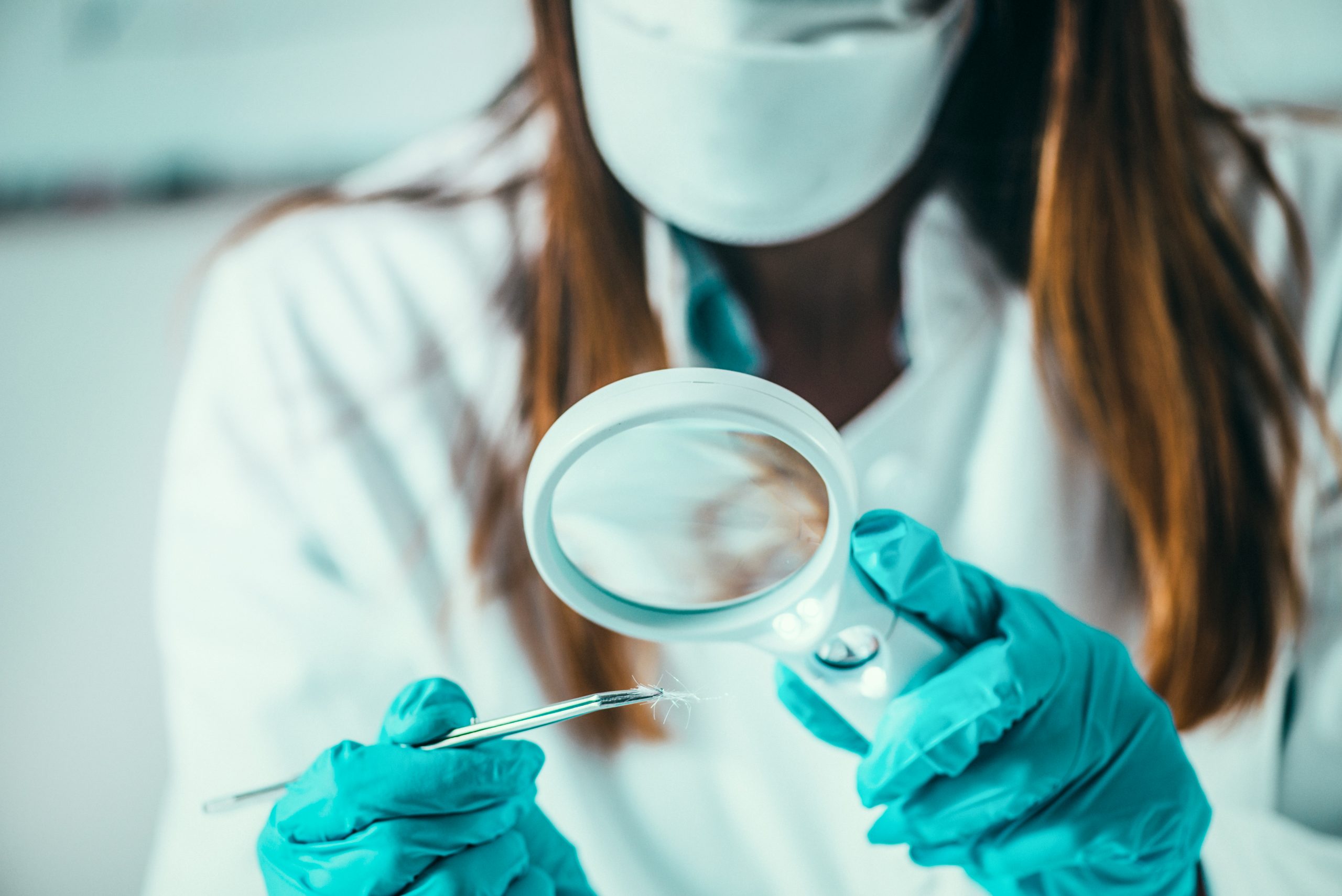
Forensic Science Level 3
The field of forensic science uses a range of scientific techniques and technologies to analyze crime-related evidence. Our Forensic Science (Level 3) Diploma offers comprehensive coverage of the skills and knowledge required to understand evidence and its significance in crime investigation.
As a challenging field of study and work, forensic science has seen a rise in popularity due to increased exposure to TV dramas and documentaries. If you have an inquisitive mind, meticulous attention to detail, and a passion for science, then a diploma course in forensic science would be an excellent choice for you.
This tailor-made course provides a thorough examination of a wide range of critical issues, skills, and crucial areas of practice within forensic science. Comprising of 21 modules, you will explore the history of forensic science, the assessment of crime scenes, the evidence chain, and ballistics, among many other topics.
Forensic Science Level 4
The Level 4 Forensic Science Diploma comprises twenty individual modules, each delving into distinct aspects of crime scene investigation.
The initial module centers on the science of crime scene investigation (field forensics), focusing specifically on the crime scene itself. It imparts an understanding of the crucial factors of time, care, and meticulous attention to detail when evaluating a crime scene.
Subsequent modules delve into evidence obtained from crime scenes, the legal categories of evidence in criminal investigation, and distinguishing between individual and class characteristics of evidence. The course provides detailed examinations of Biological, Non-Biological, Fingerprint, Ballistics, and Arson evidence.
This tailored course also encompasses the study of evidence at Explosive Scenes, highlighting the distinctions between accidental explosions and bomb-triggering events. It investigates how and why bomb scenes are processed, emphasizing the significance of understanding explosive variations to aid Bomb Scene Investigators in identifying critical evidence.
Forensic Pathology is comprehensively detailed in the following modules, encompassing forensic pathology at both crime scenes and mortuaries. These modules cover the roles of Coroners and Pathologists, the collection of evidence, and the estimation of time of death. Autopsy procedures are explored, along with the various ways in which death can occur and how forensic pathologists recognize these causes.
The subsequent modules shift the focus to different roles within Forensic Science, namely Forensic Anthropology, Forensic Odontology, and Forensic Entomology.
- In Forensic Anthropology, topics include the anthropological determination of gender, age, ethnicity, height, weight, and individual differences.
- Forensic Odontology explores how human dentition characteristics aid in identifying human remains, establishing the age of human remains, and connecting suspects to bite marks on victims.
- Forensic Entomology investigates the role of arthropods and insects in determining Post-Mortem Interval (PMI), the actions of forensic entomologists at crime scenes, the blowfly’s life cycle, factors influencing its development, and its role in determining PMI, as well as the maintenance of the chain of evidence.
The program also details Forensic Botany, covering the role of forensic botanists, palynology, anatomy, dendrochronology, plant ecology, and limnology.
Forensic Serology is explored, examining the role of forensic serologists, blood typing, and the analysis of blood, semen, saliva, and other bodily fluids in the laboratory.
The subsequent modules delve into DNA Typing, Forensic Toxicology, and Firearms Investigation:
- DNA Typing covers DNA structure, coding, testing, profiling, and the National DNA database, along with the supporting legislation.
- Forensic Toxicology investigates the role of forensic toxicologists, testing for drugs and poisons, and chain of evidence maintenance for toxicological samples.
- Firearms Investigation focuses on the role of firearms examiners, firearms identification, ammunition comparison, trajectory distance and angle, trace evidence identification, gunshot residue analysis, and serial number restoration.
Lastly, the student explores questioned documents and the role of questioned document examiners, covering handwriting analysis, typewriters, typewritten documents, word processors, printed documents, forged document examination, inks, papers, and document verification.
Each module within the Forensic Science Diploma emphasizes the importance of preserving the chain of custody or the chain of evidence at a crime scene.



